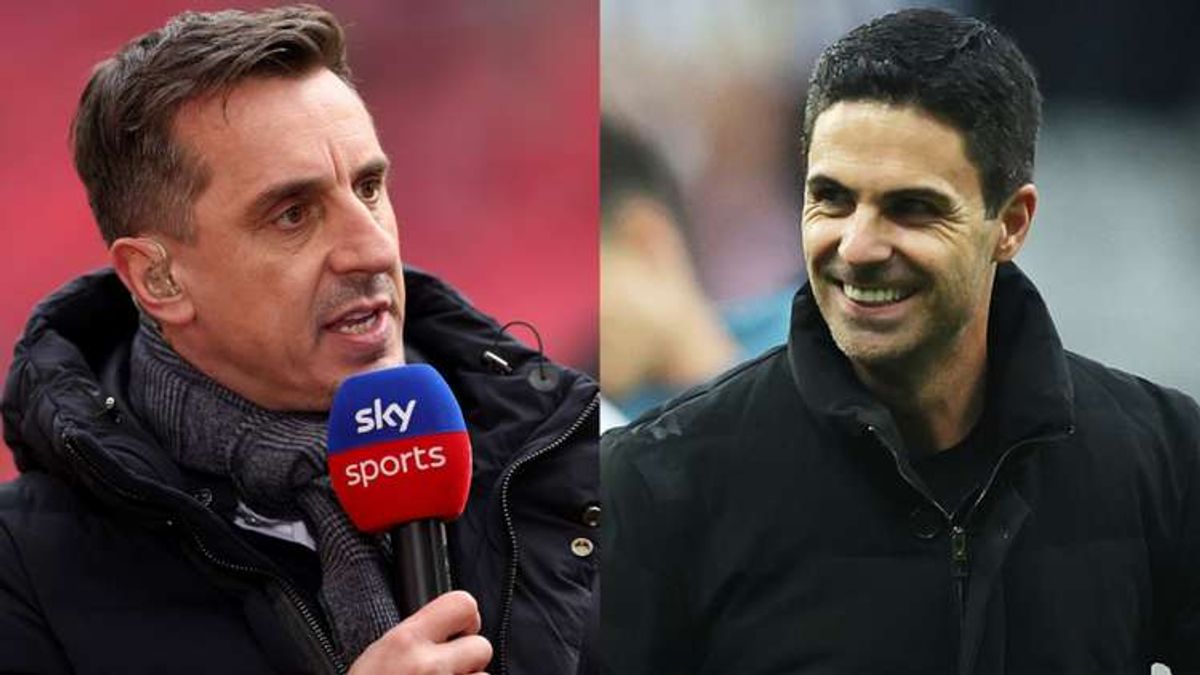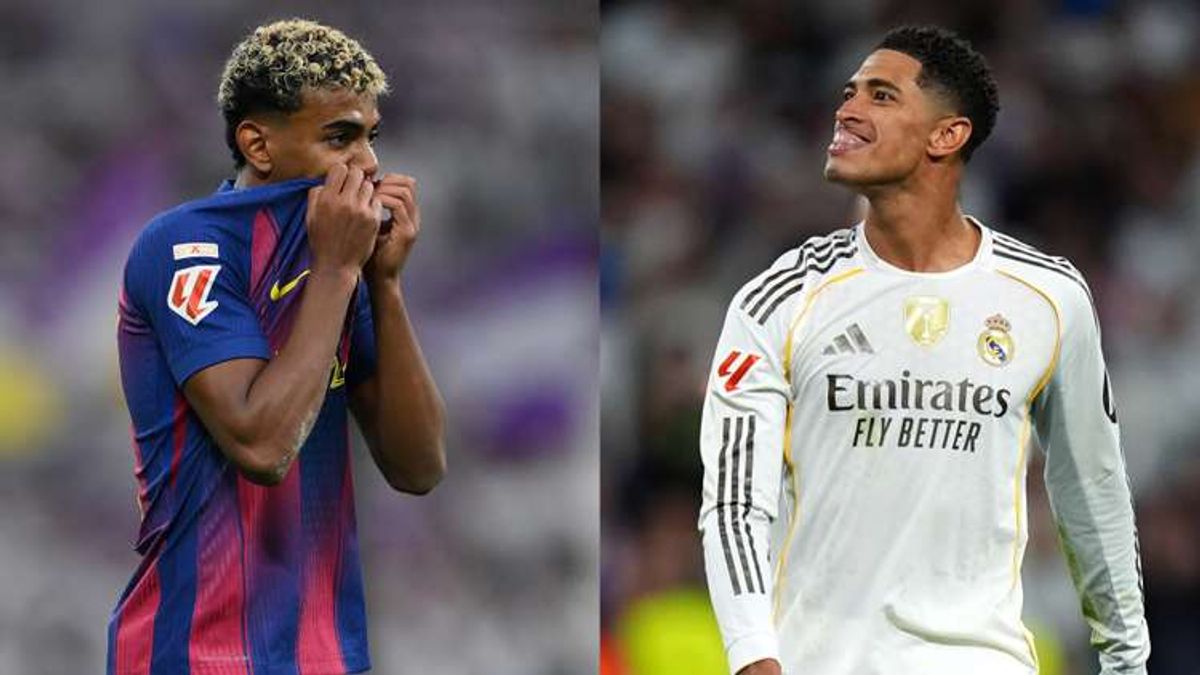Unacceptable! Referee's Apology for Stopping Ligue 1 Match Sparks Controversy
Nice president Fabrice Bocquet criticizes the referee's decision to stop the match against Lyon over mistaken anti-ISIS chants as homophobic. The controversial incident has stirred up a heated debate in the football community.

Nice president Fabrice Bocquet slammed the referee's "unacceptable" decision to halt the match against Lyon over a chant from the supporters, mistaking the anti-terrorist slogan for homophobic abuse. The decision to stop the chant, aimed at terror group ISIS and sung for years to honour the 86 victims of the July 14, 2016 Promenade des Anglais attack, provoked a furious reaction from the club, forcing the French refereeing director to publicly apologise.
The Controversial Decision
During the recent match between Nice and Lyon, the referee halted the game due to chants from the supporters that were mistaken for homophobic remarks. In reality, the chants were directed at the terrorist group ISIS and have been a tradition to honor the victims of the tragic 2016 Promenade des Anglais attack. This misunderstanding led to a major uproar within the football community.
Nice President Condemns Referee's Action
Fabrice Bocquet, the president of Nice, was quick to criticize the referee's decision, calling it 'unacceptable'. He emphasized that the chants were not intended to be homophobic but were a solemn tribute to the victims of a terrorist attack. Bocquet's strong reaction reflected the club's frustration over the misunderstanding.
Public Apology from French Refereeing Director
In the wake of the controversy, the French refereeing director issued a public apology for the referee's decision to halt the match. The apology acknowledged the misunderstanding and expressed regret for disrupting the game. The incident highlighted the importance of clarity and sensitivity in handling such situations.
Impact on the Football Community
The incident has sparked a debate on the role of referees in interpreting fan behavior and chants during matches. It also shed light on the need for better communication and understanding in such sensitive matters. The controversy serves as a reminder of the complexities faced by officials in maintaining order and respect on the football field.











